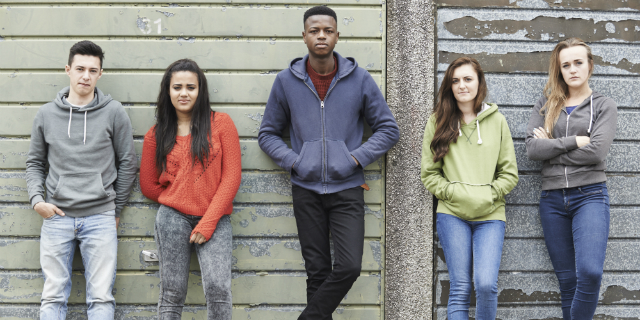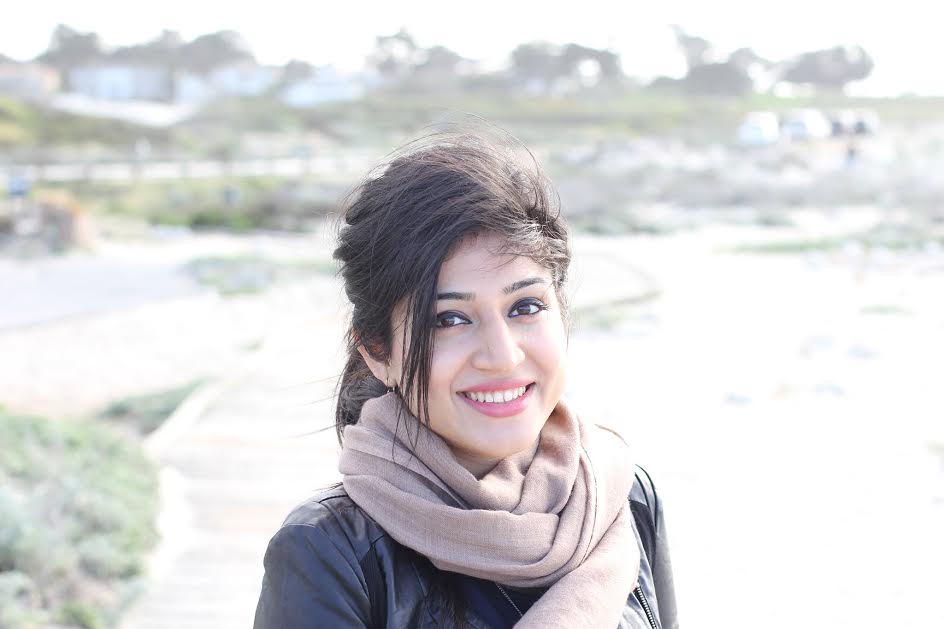
Today, the millennials have emerged as the “anxious generation”. Anxiety has surpassed depression as the leading mental health concern.
The American Psychological Association (APA) survey, Stress in America: Missing the Health Care Connection, marks the average stress level for Americans at 4.9 on a 10 point scale. A healthy level is around 3.6. Millennials reported an alarming 5.4 level of stress.
Rising Stress Levels
Recent studies have shown that millennials suffer from exceedingly greater rates of stress and anxiety compared to the generations before them, depicting an 80-year-old high.
Hence, it is no surprise that prescriptions for anti-anxiety and sleep medications have significantly risen over the past decade. What is disturbing though is that the survey depicted 3 percent of adolescents in the U.S. to be abusing these drugs.
The APA proposes that the young generation failed to develop appropriate strategies for managing stress as 49 percent of the young adults admitted feeling so.
This has been associated to the prevalent “helicopter parenting” upbringing they had, exposure to dynamic change over the decades, high levels of competition and limited interventions from their healthcare providers.
Jean Twenge, PhD, the pioneer to examine data on generational studies and a social psychologist at San Diego University explained that “today’s young people face a competitive workplace and the economic squeeze created by sky-high housing prices and rapidly accelerating healthcare costs. After a childhood of buoyancy, [they are] working harder to get less.”
She also discussed the changing dynamics and disruptions young people today have experienced. As marriages are declining, the family structure has altered drastically.
The real change, however, emerges from the freedom of movement, making it easier for people to move away from families. Studies show limited family contact in close proximity is significantly related to anxiety and depression.
An Overview of Anti-anxiety Medications
A variety of medications are involved in the treatment of anxiety disorders. These include standard anti-anxiety drugs such as the widely prescribed benzodiazepines (or tranquilizers) and latest SSRI antidepressants.
Benzodiazepines operate quickly and effectively, bringing relief within 30 minutes to an hour. However, they are physically addictive and questioned for long-term efficacy. They also do not constitute as a cure. In fact, benzodiazepines lose their therapeutic anti-anxiety effect after 4 to 6 months of regular use.
 Recent analysis rendered the effectiveness of SSRIs in treating anxiety as exaggerated, and sometimes considered no better than placebo.
Recent analysis rendered the effectiveness of SSRIs in treating anxiety as exaggerated, and sometimes considered no better than placebo.
Benzodiazepines work by slowing down the nervous system, relaxing the user both physically and mentally.
It can, however, also lead to unwanted side effects such as drowsiness, dizziness, troubled concentration, confusion, headaches, poor reflexes and memory problems.
The higher the dose, the more intense these side effects typically are. The medication hangover may carry on until the next day.
Frequent consumption can build a physical dependence and tolerance, often as quickly as within a couple of months and sometimes in just a matter of a few weeks.
If consumption of benzodiazepines is abruptly halted, severe withdrawal symptoms can be experienced such as:
- Greater anxiety, restlessness, jittering
- Loss of sleep, confusion, stomachaches
- Depression and panic attacks
- Rapid heart rate, excessive perspiration, and in severe cases, seizures
Often patients confuse withdrawal symptoms for a return of their original anxiety condition, making them think they need to restart the medication. Gradually tapering off the drug will help minimize the withdrawal reaction.
Anti-anxiety Medication and the Millennial
Individuals aged from 20 to 29 years in developed nations are three to four times more likely to die due to opioid use disorders than they were 20 years ago, as per the data from the Institute for Health Metrics and Evaluation. U.S. has one of the worst drug abuse rates, 30 percent of deaths in that age range are attributed to opioids.
In face of genetic predisposition, a significant self-medication hypothesis is often overshadowed in understanding the cause of addiction. Self-medication is the use of mind-altering substances to find relief from anxiety or depression.
What further complicates matters is if self-medication is the cause of substance abuse, the underlying anxiety or depression is often overshadowed. In such cases, it is crucial to acknowledge that substance abuse is the result of a mental health disorder, not just an independent entity.
Even though there is more research needed in officiating a relationship between addiction and mental illness in the case of Millennials, the recent rise of anxiety in this generation and its link to addiction is profound.

A study, published in the journal Psychology of Addictive Behaviors, surveyed more than 2700 middle and high school students two times a year from 2009 to 2012. It was discovered that teens with a prescription of sleep and anti-anxiety drugs had a likelihood of almost 12 times greater to abuse them than compared to teens with no prescriptions.
They were also 10 times more likely to illegally attain these drugs to continue the misuse.
"This is a wake-up call to the medical community as far as the risks involved in prescribing these medications to young people," elaborated lead researcher Carol J. Boyd, professor at the University of Michigan School of Nursing.
"When taken as prescribed, these drugs are effective and not dangerous. The problem is when adolescents use too many of them or mix them with other substances, especially alcohol."
Students who stopped using the medications prior to the study were 12 times more susceptible to use someone else’s anti-anxiety drugs. In many cases, they obtained pills from friends or family members, which is equivalent to a felony.
Other Options
Medication is not the only answer to beating stress and anxiety. Despite their hectic schedules, millennials need to understand the utmost importance of balancing medication with a healthy lifestyle.
Public officials and health care providers need to educate the young users about the great benefits of adopting coping strategies for stress, other than just medication. Exercise, therapy, yoga, mindfulness and meditation have all proven to be highly efficient in combating stress and anxiety.
 About the Author:
About the Author:
A journalist and social media savvy content writer with wide research, print and on-air interview skills, Sana Ahmed has previously worked as staff writer for a renowned rehabilitation institute focusing on mental health and addiction recovery, a content writer for a marketing agency, an editor for a business magazine and been an on-air news broadcaster.
Sana graduated with a Bachelors in Economics and Management from London School of Economics and began a career of research and writing right after. The art of using words to educate, stir emotions, create change and provoke action is at the core of her career, as she strives to develop content and deliver news that matters.
References:
[1]: http://www.foxnews.com/health/2014/11/24/abuse-sleep-anti-anxiety-drugs-growing-issue-among-teenagers-study-shows.html
[2]: http://nypost.com/2016/03/20/they-cant-even-why-millennials-are-the-anxious-generation/
[3]: https://www.helpguide.org/articles/anxiety/anxiety-medication.htm
The opinions and views of our guest contributors are shared to provide a broad perspective of addictions. These are not necessarily the views of Addiction Hope, but an effort to offer discussion of various issues by different concerned individuals.
We at Addiction Hope understand that addictions result from a combination of environmental and genetic factors. If you or a loved one are suffering from an addiction, please know that there is hope for you, and seek immediate professional help.
Published on May 2, 2017.
Reviewed By: Jacquelyn Ekern, MS, LPC on May 1, 2017
Published on AddictionHope.com
